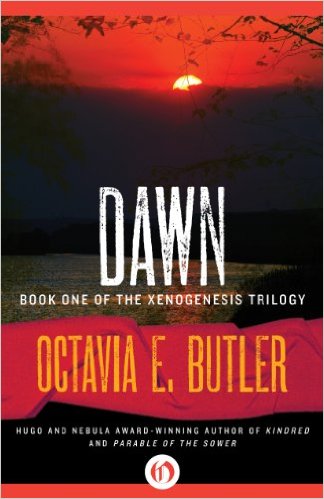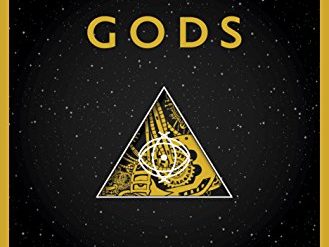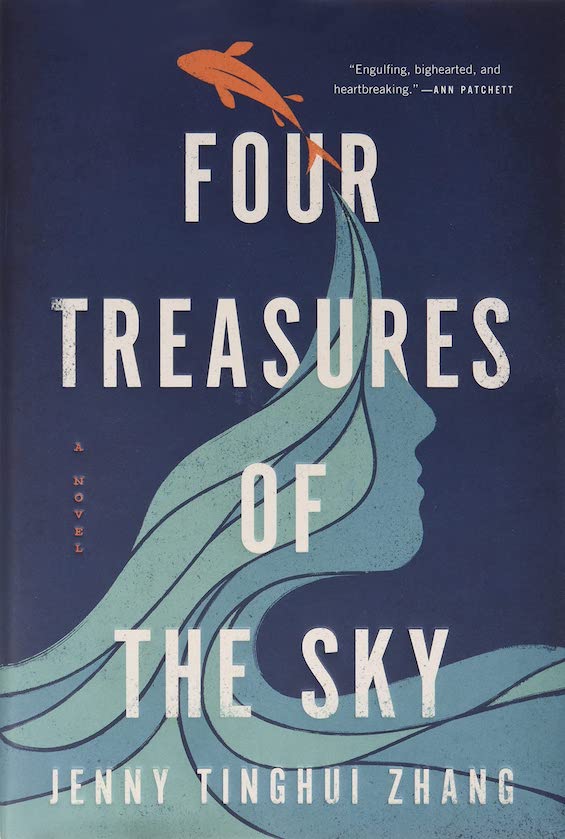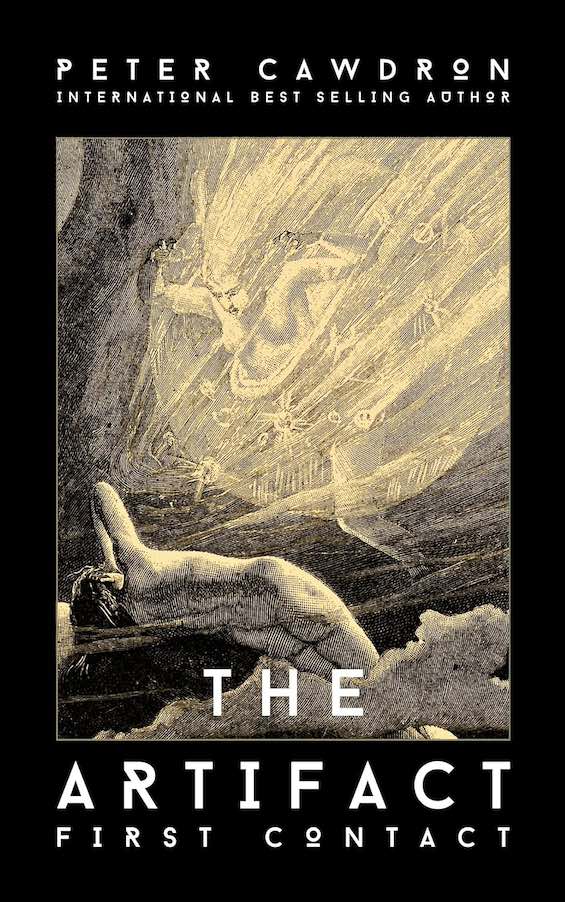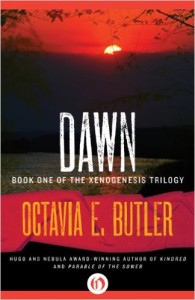
At its best, science fiction illuminates the human condition by exploring our emotions and our behavior in a context that violates our sense of reality and challenges us to look more deeply into ourselves. The late Octavia E. Butler reached this peak of insight more often than most in her field. Dawn, the first book in the Xenogenesis Trilogy, is a brilliant example.
A young woman named Lilith awakens from suspended animation into one of the most convincingly alien worlds in the genre. She is confined within a small, all-white room with neither windows nor a door. The light is bright and constant. At intervals, bowls of food extrude from one of the walls. At length, a disembodied voice speaks to her in English, growing silent when she asks a question it declines to answer. When the speaker finally is revealed, Lilith is repulsed. The creature that has materialized in the corner of the room is indescribably ugly to her eyes.
This is how Dawn opens, and if anything the story grows stranger by the page. When Lilith finally begins to encounter other human beings, the sparks quickly begin to fly. After a slow start, the action builds to a crescendo, setting the scene for its sequels in the Xenogenesis Trilogy.
Octavia Butler was one of the most remarkable talents in a field that abounds with creativity. She won the Hugo and Nebula Awards on several occasions, and she was the first science fiction writer to receive a MacArthur Foundation “Genius Grant.” It’s no stretch to think that she was, indeed, a genius.
Dawn (Xenogenesis Trilogy #1) by Octavia E. Butler (1987) 310 pages ★★★★★
For further reading
This book is a prime example of Octavia Butler’s prescient science fiction.
For more good reading, check out:
- The five best First Contact novels
- The ultimate guide to the all-time best science fiction novels
- Great sci-fi novels reviewed: my top 10
- The top 10 dystopian novels reviewed here
You might also check out Top 10 great popular novels reviewed on this site.
And you can always find my most popular reviews, and the most recent ones, on the Home Page.

